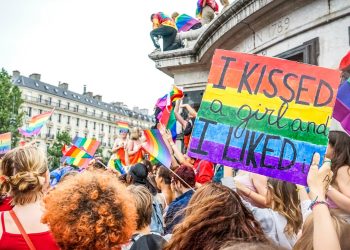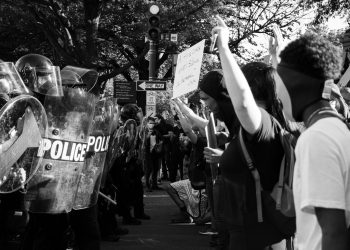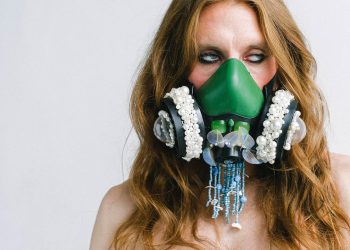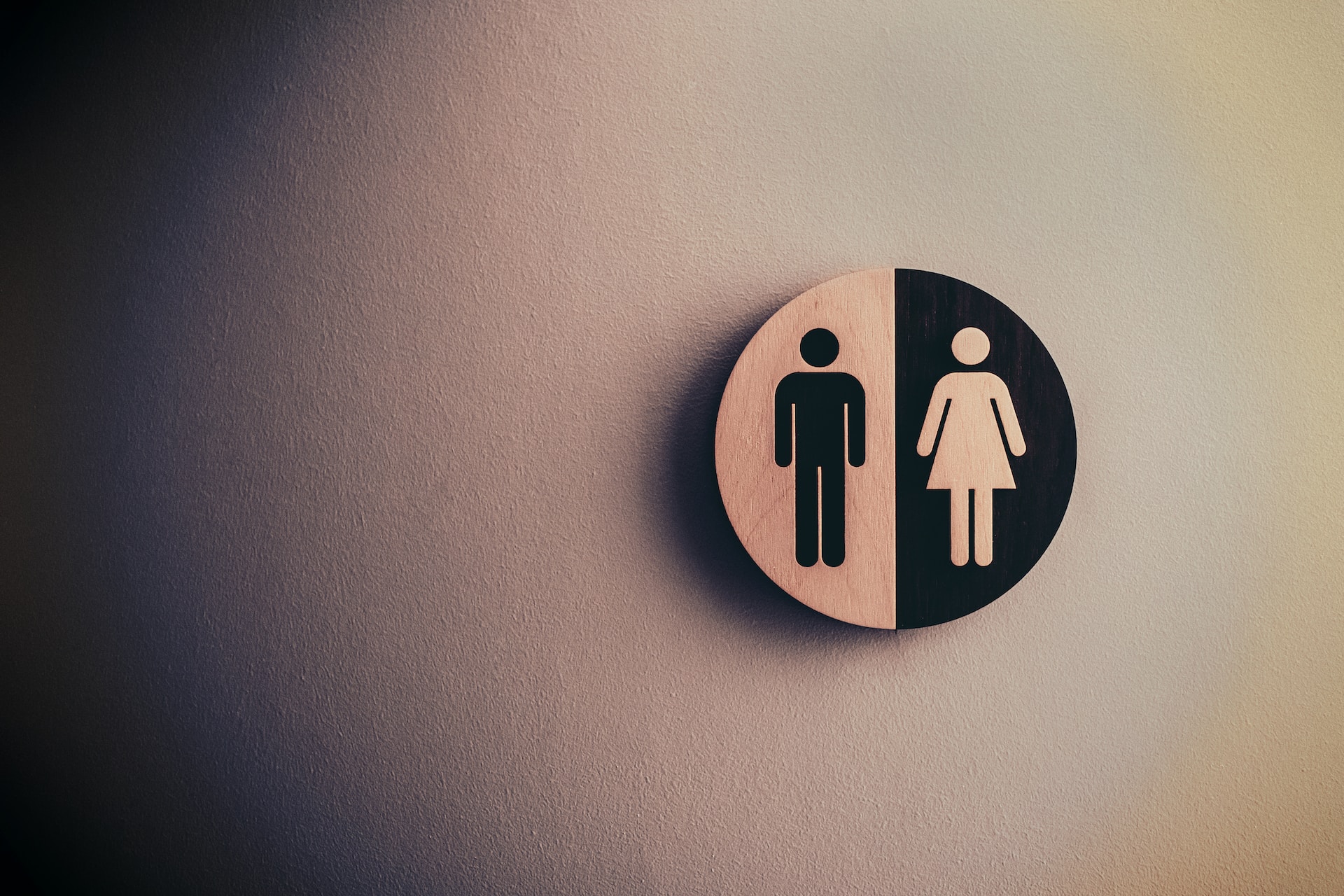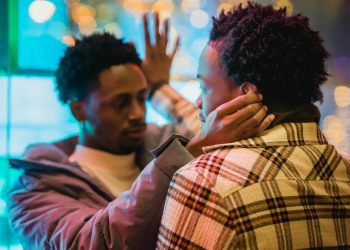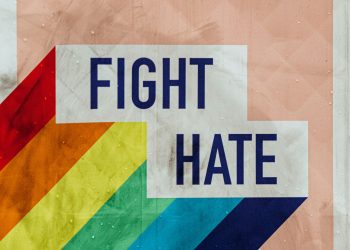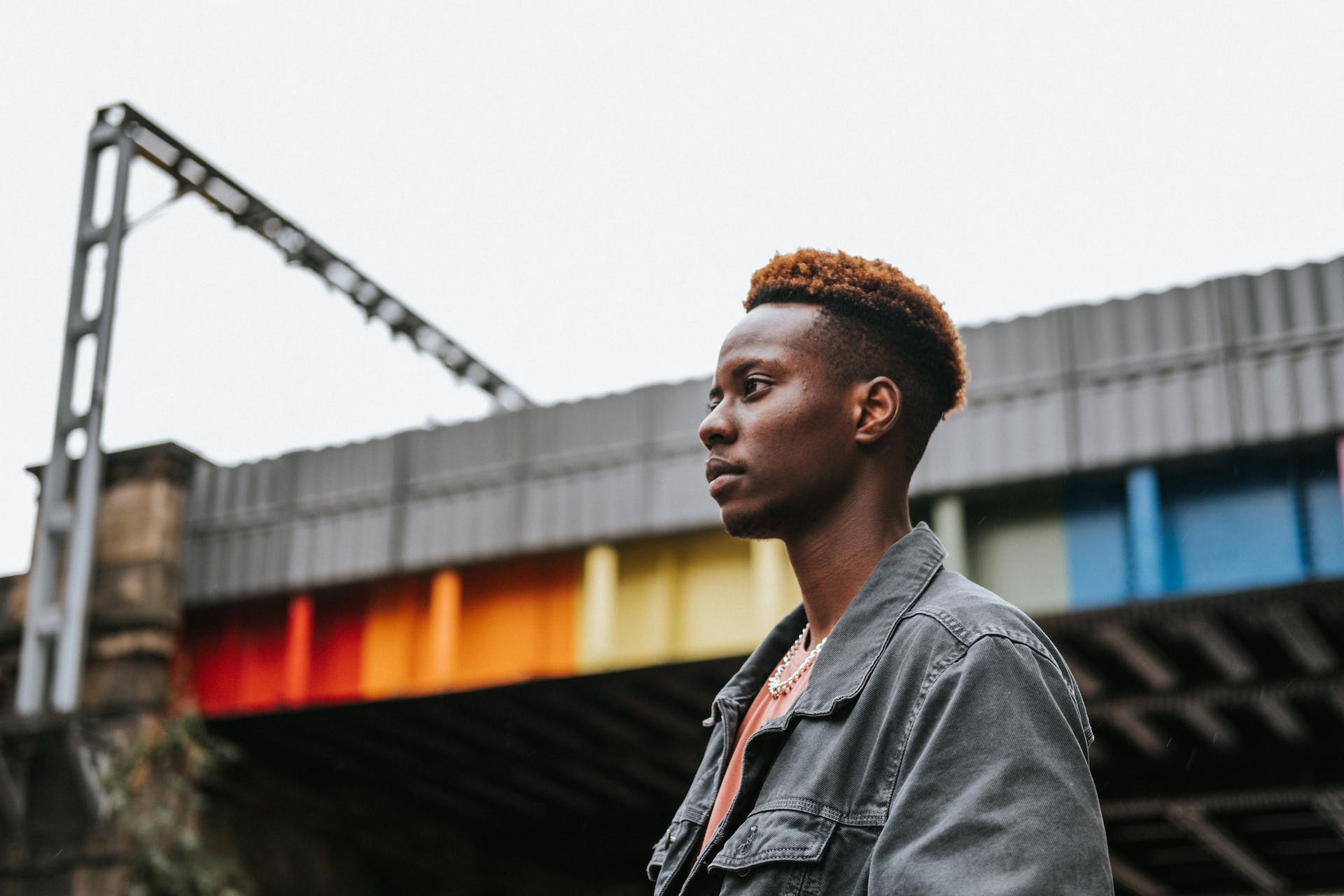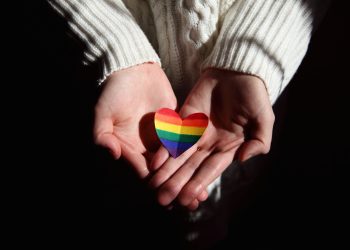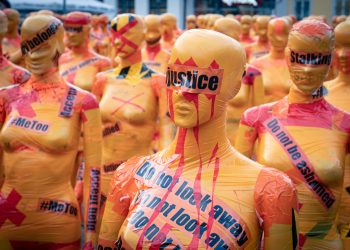Acclaimed musician Billie Eilish, celebrated for her distinctive sound and fashion, has recently been at the center of conversations regarding her sexual orientation. This wave of curiosity is linked to an Instagram post and her recent statements in an interview.
Instagram Post Leads to Fan Theories
Previously, Eilish, 21, has described herself as unequivocally straight in a video on social media. However, an Instagram story of hers, showing her with the caption “Gay & Tired,” has prompted her followers to ponder over her sexual orientation. This post elicited a mix of responses, with some fans showing their support and others interpreting it as a subtle revelation about her sexuality.
Insights from a Variety Interview
In a feature for the “Power of Women” edition of Variety, Eilish openly discussed the impact of public scrutiny on her life, particularly regarding her style and sexual identity. She mentioned feeling disconnected from traditional notions of femininity, remarking, “I’ve never really felt like I could relate to girls very well.”
Her conversation also touched on her admiration and attraction to women, stating, “I’m physically attracted to them. But I’m also so intimidated by them and their beauty and their presence.”

Eilish’s Unique Fashion Sense and Self-Image
The artist, known for her preference for baggy clothing, explained that her fashion choices were a form of protection against sexualization and a way of dealing with her body image issues. “I wasn’t strong enough and secure enough to show it,” she said, referring to her body, suggesting her attire was a guard against body criticism.
Eilish’s remarks indicate a nuanced relationship with her femininity and self-view. “I’ve never felt like a woman, to be honest with you. I’ve never felt feminine. I’ve never felt desirable,” she expressed. Despite identifying with she/her pronouns, Eilish acknowledged a sense of disconnection from being a girl.
Public Scrutiny and Personal Identity
Billie Eilish’s personal disclosures offer insight into her journey of self-discovery in terms of gender and sexuality, especially given the intense public attention she receives. Her openness provides a glimpse into the complexities celebrities face in navigating and expressing their identities in an era where conversations about gender and sexuality are increasingly at the forefront of cultural discourse.
©unitedradiance.org

